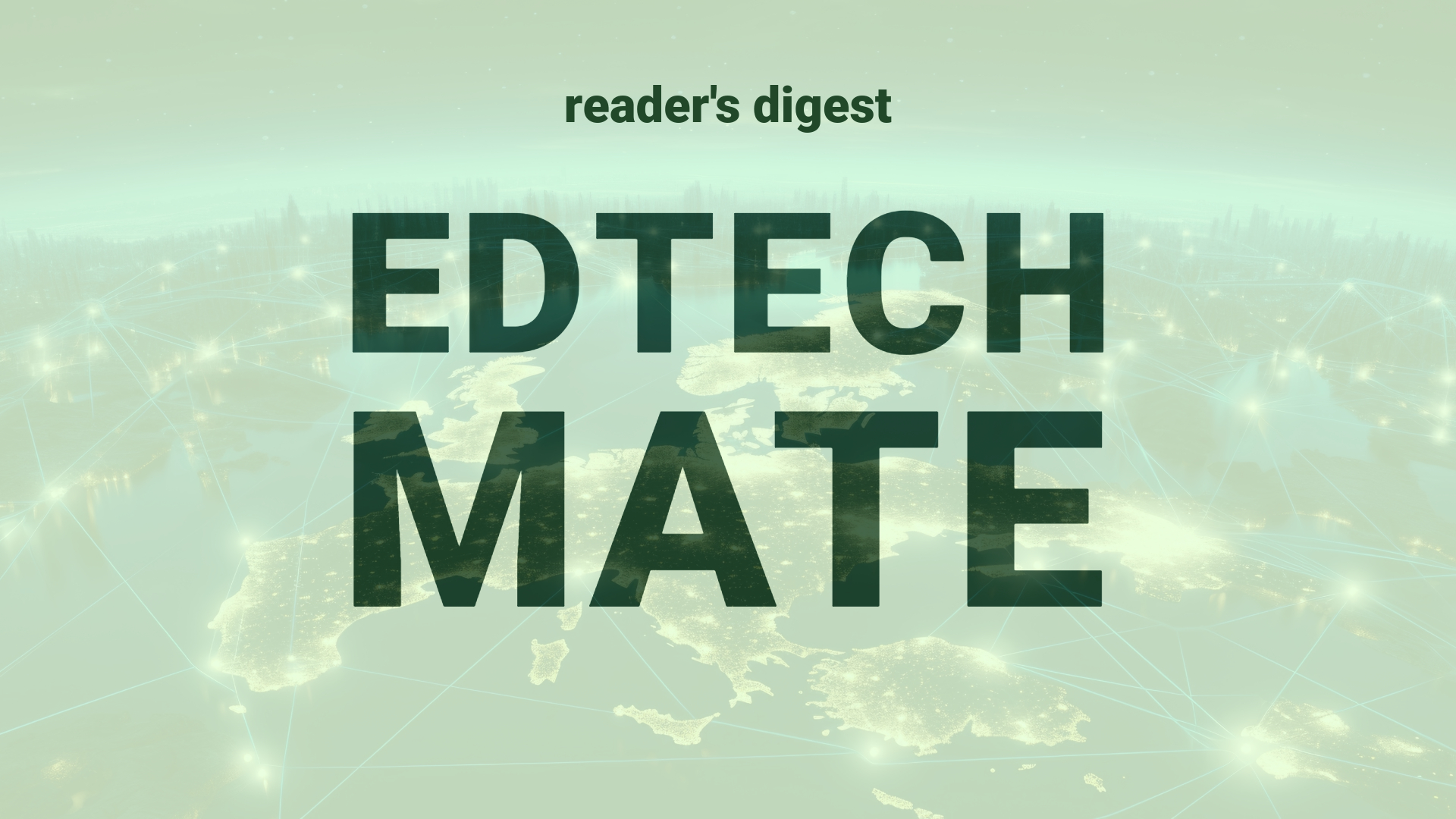Executive Summary and Main Points
Europe presents several unique opportunities for leveraging Artificial Intelligence (AI) in the education sector, amid a broader context of digital transformation in global higher education. Key trends and innovations include the reinvention of business models through AI, a talented workforce aiding the deployment of technology within the continent, the development of large language models (LLMs) reflective of European culture, and the potential for Europe to lead in AI regulation. These elements underscore the nuances in navigating the intersection of technology and education, where value is increasingly measured not just in terms of tech investment but in human capital and cultural relevancy.
Potential Impact in the Education Sector
The insights from Europe’s strategic positioning could influence Further Education and Higher Education by integrating sophisticated AI within educational processes, prompting advanced industry-academic partnerships. For Micro-credentials, AI can drive personalized education and validation, crucial in a market demanding swift adaptability. European leadership in AI application paired with a strong framework for regulation may create safer, more accountable educational environments, leveraging AI’s potential responsibly and inclusively. The cultivation of local talent to deploy AI implies a strategic advantage for home-grown solutions in enhancing educational systems and content relevance.
Potential Applicability in the Education Sector
The application of AI tools in global education systems promises transformative potential. AI, particularly oriented towards cultural nuances as with European LLMs, can deliver nuanced, localized educational content, enhancing learning experiences. Digital tools can also help in streamlining administrative processes, improving resource allocation, and offering predictive analytics for student success and retention. Academic institutions could collaborate on AI-driven research initiatives in a regulated environment, fostering innovation in teaching, learning analytics, and digital credentialing.
Criticism and Potential Shortfalls
While AI presents substantial benefits, ethical and cultural implications must be considered. The homogenization of education through LLMs that do not accurately represent local cultures could lead to knowledge biases and misrepresentation. Overreliance on technology without adequate human investment might undermine educational quality. Case studies from international contexts elevate the need for diverse datasets, inclusive design, and safeguards against algorithmic discrimination. The complexity of effectively regulating AI without stifling innovation also remains a critical challenge.
Actionable Recommendations
To harness these technologies, education leaders should promote a balanced AI strategy that prioritizes human input and cultural relevance. This includes investing in local talent, fostering industry-academic partnerships, and developing micro-credentials informed by AI insights. Strategic oversight is necessary to navigate digital transformation, with enactments of clear AI regulatory frameworks to ensure ethical deployment. Engaging in pro-active discourse on AI’s implications for global education, while benchmarking international best practices, can guide informed decision-making and technology integration.
Source article: https://www.mckinsey.com/featured-insights/lifting-europes-ambition/videos-and-podcasts/can-europe-compete-in-the-race-to-develop-and-deploy-generative-ai

